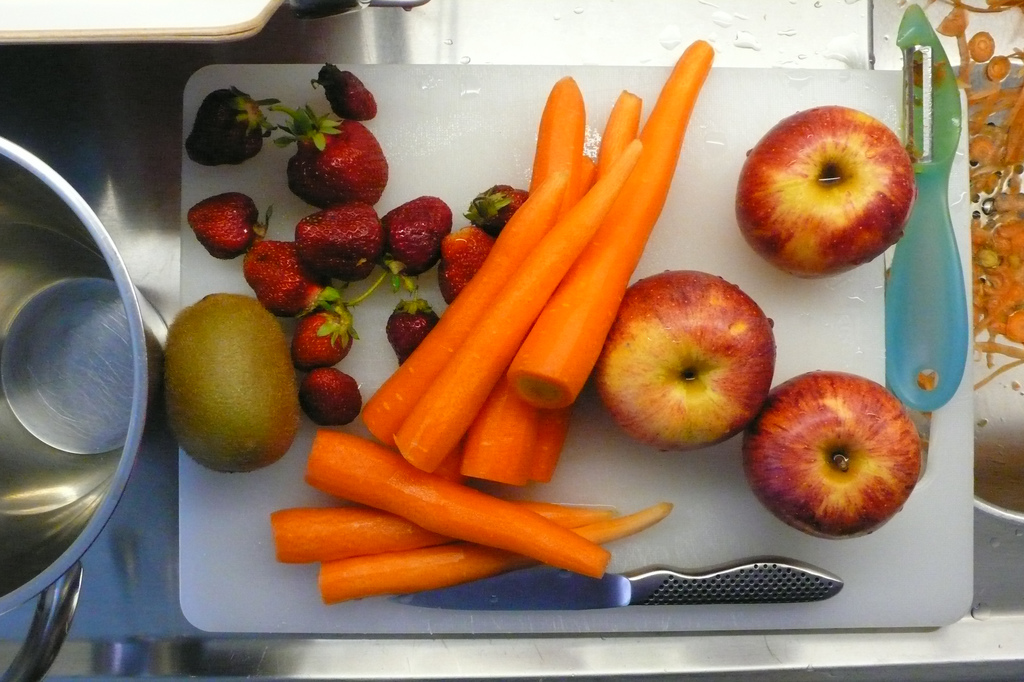Of all the aloe vera benefits we write about, the impact of this miracle plant on your hair is one of the most underestimated aspects. Used as shampoo or conditioner, it adds shimmer and radiance, but can also improve scalp health. Continue reading to learn all about aloe vera benefits for hair.
Aloe Vera Benefits For Hair: Shampoo and Conditioner
The quickest and easiest way to incorporate aloe vera into your hair care routine is to mix some aloe vera gel with the shampoo or conditioner you already use. Some shampoos already contain aloe vera extracts, but if you prefer to make your own, experts recommend using herbal shampoo and using half the amount of shampoo you would normally with twice that amount of aloe vera gel. If you suffer from hair loss or even dandruff, this is a good option, especially if you don’t have the time to massage your scalp or to do a scalp treatment. Aloe vera contains a substance that helps protect against seborrhea. Aloe vera also has anti-inflammatory and pain-relieving qualities, and this can be helpful in situations where your scalp needs a little extra care.
Aloe Vera Benefits For Hair: Scalp Treatments

There are many aloe vera benefits for hair, but it can be used as a scalp treatment as well. If you don’t have aloe vera gel handy, you could put aloe vera leaves in a juicer to extract the juice. If you apply this to your scalp and gently massage it in before rinsing it off, you should be able to see a noticeable change in the condition of your scalp and hair in about two to three months.
To maximize your aloe vera benefits for hair, it is best to leave the aloe gel or juice on for at least two hours before rinsing or washing your hair. This method is effective for scalp issues and can be used to not only treat hair loss, but to promote hair growth as well. Aloe vera contains an enzyme that promotes hair growth by stimulating the hair follicle. For those of us who want longer locks faster this is a useful option.
Moving on to another of the aloe vera benefits for hair, if you find that your hair is thinning, aloe vera is not only a natural remedy to help reduce hair loss, but it can also be useful in treating the scalp for things like sunburn. Our hair usually protects our scalps against damage from the sun, but if your hair is thinner than normal or if you are bald, you may need a little extra help. If your scalp becomes sunburnt, a little aloe vera gel can help relieve the pain and soothe the skin as well.
Wondering how aloe vera benefits the health of your hair? To gain a better understanding for the aloe vera benefits for hair, it helps to know a little about the plant itself.
Aloe Vera Benefits For Hair: History
Aloe vera is a succulent plant that grows in tropical climates. It is a gray-green color, with fleshy offshoots and spiny edges. It grows to be approximately 2 to 3 feet tall and is a commonly kept houseplant because of its medicinal properties. Aloe is used to treat wounds, burns, some cancers in animals, inflammation, diabetes and indigestion. Aloe is also believed to be a known treatment for hair loss and a natural conditioner that may replace synthetic and chemical conditioners. As a cellular regenerator with anti-fungal and anti-bacterial properties, aloe treats and heals red, itchy and unhealthy scalps. Aloe promotes hair growth by stabilizing the follicular cycle.
Aloe is used as a treatment for a condition called seborrhoea. Seborrhoea is a bacterial infection in the scalp, which begins with the body’s production of an oily substance called sebum. Excessive sebum can cause the scalp to become itchy and red. Hair of an infected person becomes fragile and thin, and as the disease progresses, hair loss occurs. Aloe’s aforementioned anti-bacterial properties naturally treat seborrhoea, but in addition, aloe contains magnesium lactate, which works as an itch inhibitor. This gives a person with seborrhoea relief from her condition as it treats it.
To get the most aloe vera benefits for hair, it is recommended that aloe gel be mixed with shampoo to condition the hair during showers. Additional gel may be spread through the hair after shampoo has been rinsed from it.
Aloe Vera Benefits for Hair: Conclusion
The aloe vera benefits for hair really are virtually endless. If you struggle with an itchy scalp or hair growth issues, it might be time to add aloe vera to your hair care lineup. We found this cool video that will show you how to make your own aloe vera shampoo and coconut oil conditioner.



 But can aloe vera truly be used to treat cancer?
But can aloe vera truly be used to treat cancer? 

